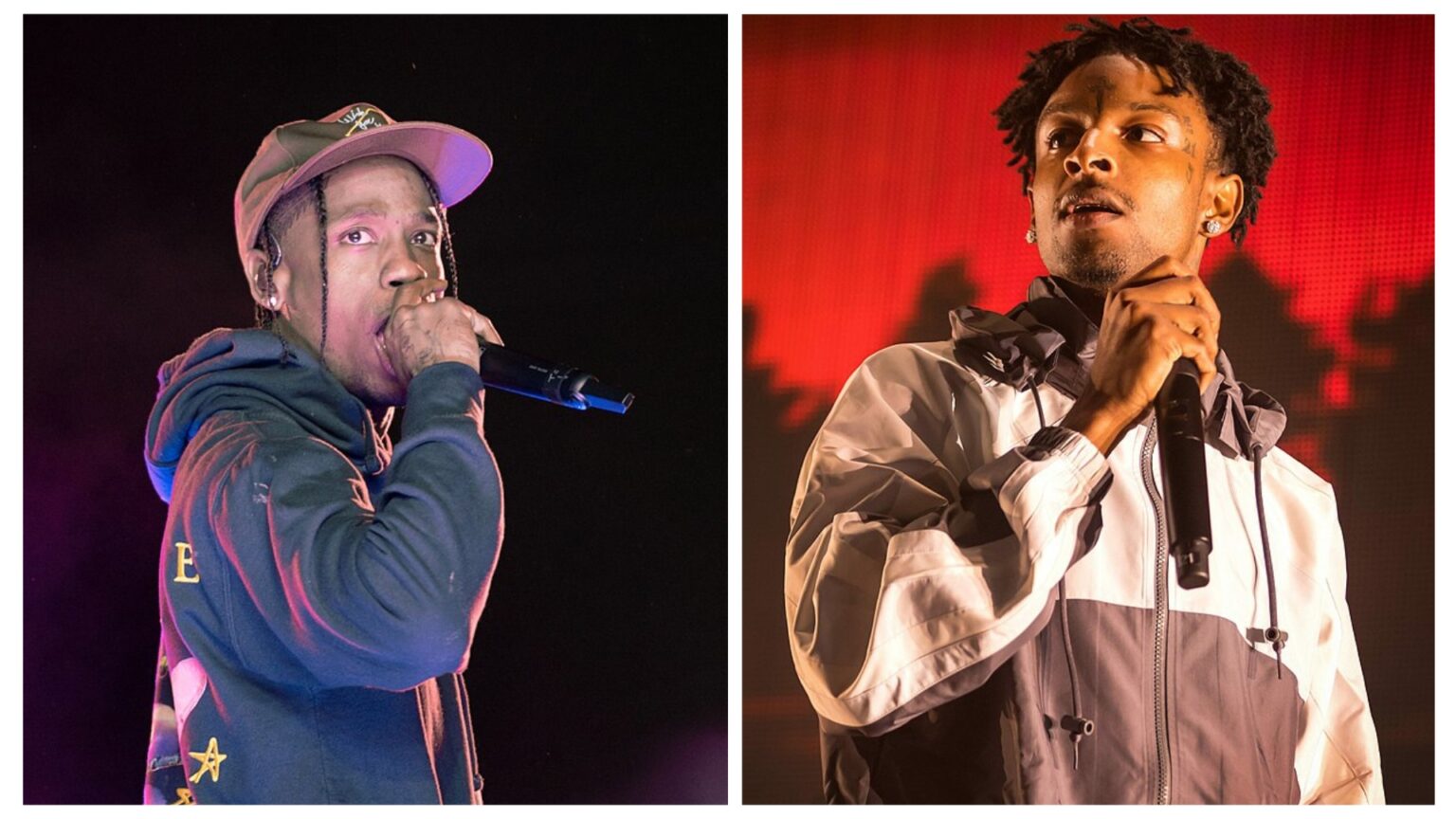The anonymous artist known as Ghostwriter made headlines in April after releasing their AI-generated song “Heart on My Sleeve,” which mimicked the “likeness” of Drake and The Weeknd, and struck a major chord with artists.
Now he’s back with another AI-generated song, “Whiplash,” which mimics the likeness of rapper Travis Scott and 21 Savage. He dropped the track on TikTok and X (formerly Twitter) on September 6.
“The future of music is here. Artists now have the ability to make their voice work for them without lifting a finger,” Ghostwriter shared in a statement to The Times. “If you want to release it, I will clearly label it as AI and transfer the royalties to you. Either way, respect.”
‘Heart on my sleeve’ submitted to GRAMMYS
Additionally, a recent report from The New York Times revealed that the artist had also submitted “Heart on My Sleeve” for consideration at next year’s Grammy Awards in the “Best Rap Song” and “Song of the Year” categories.
Interestingly enough, the song qualified despite the use of AI technology being known, according to Harvey Mason, Jr., CEO of Recording Academy.
The song caused a stir as it received over 600,000 plays on Spotify and 275,000 views on YouTube. Following the controversy, Universal Music Group (UMG) called on major streaming platforms including Spotify, YouTube, Apple Music, TIDAL and Deezer to remove the song from their streaming services.
UMG also condemned the track and use of AI and stressed the ethical responsibility of platforms to prevent their services from harming artists. It has since announced that it is partnering with Google to create AI Deepfaked artist voting licenses for fans to use.
In July, UMG general counsel Jeffrey Harleston called on Congress to pass a federal “right to publicity” along with a mechanism that would notify individuals when certain content is being generated by AI.
Earlier this year, the Recording Academy announced AI protocols stipulating that “only human creators” are eligible to be submitted for “Grammy Award consideration, nomination, or winning.”
Editor’s note: This article was written by a staff member of nft now in collaboration with OpenAI’s GPT-3.

